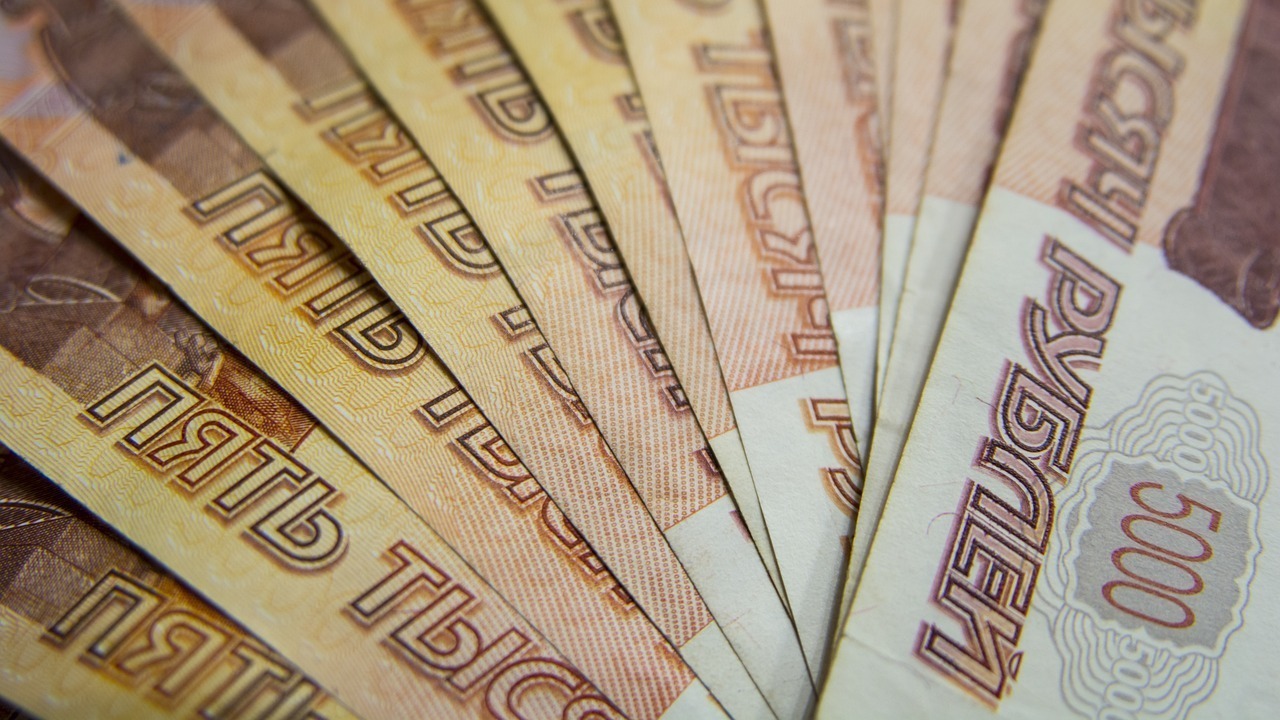
The State Duma obliged banks to return money stolen from accounts to citizens by the fraudsters
The State Duma immediately adopted a law in the second and third readings, according to which Russian banks will be required to check all money transfers of individuals, suspend suspicious transactions and fully reimburse the money that was transferred to the accounts of fraudsters. The law should come into force one year after its official publication.
The sender's bank is obliged to return the full amount of the stolen funds within 30 days after receiving the relevant application from the client — an individual, if the bank allowed the transfer of funds to a fraudulent account, which is located in a special database of the Bank of Russia. The Central Bank maintains a database «On cases and attempts to transfer funds without the client's consent» based on data received from banks and other payment system operators.
You will have to return the money if the bank has not sent a notification to the client about the transfer, which was made without the client's consent. Or the client's bank card was lost and used by third parties without his consent. In this case, the bank must refund the money if the customer has notified about these facts. But if the bank was not informed about the lost «plastic», then the financial organization should not reimburse the funds. In this case, the deadline for the return of the cross—border transfer is also specified — 60 days.
According to the report of the Bank of Russia, in the first quarter of 2023, amounts stolen by fraudsters in the amount of 4.5 billion rubles were registered through unauthorized transfers from customer bank accounts. However, only 4,3% of this amount was returned to the victims thanks to the efforts of credit institutions. Such a low level of refund is explained by the prevalence of social engineering, when citizens themselves transfer money to fraudsters or disclose their bank details. In accordance with the law, in cases related to social engineering, banks are not required to return stolen funds. In January–March 2023, the share of cases of social engineering among all fraud methods was 50,5%.
Back in May, Sberbank launched a service to refund customers of funds transferred to fraudsters' accounts. To do this, it is necessary to issue an application for a refund, as well as to issue a power of attorney to the bank for the right to represent its interests in court.
Recall that in Russia still maintains limits on money transfers of individuals: no more than $ 1 million to accounts in foreign banks for Russians and friendly residents, no more than $10,000 for transfers. On March 31, 2023, the Central Bank extended restrictions on transferring money to foreign banks for Russian individuals until September 30. Non-resident individuals working in the country can transfer funds in the amount of their salary. This applies to citizens from both friendly and unfriendly countries.